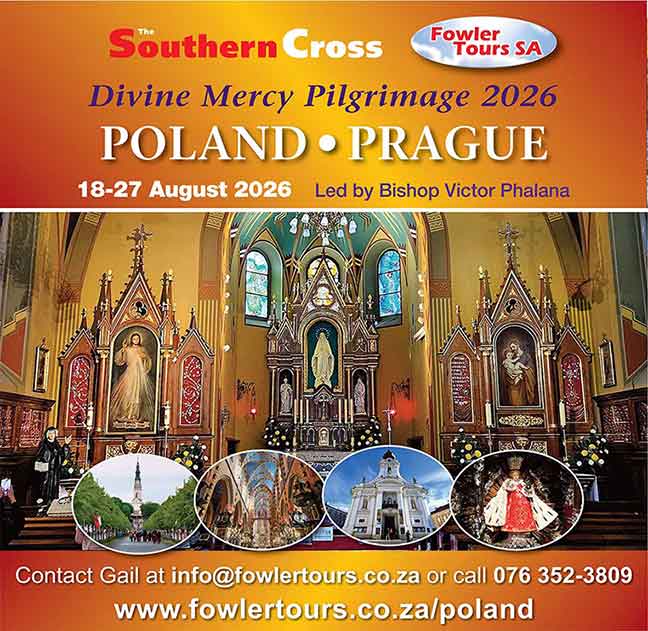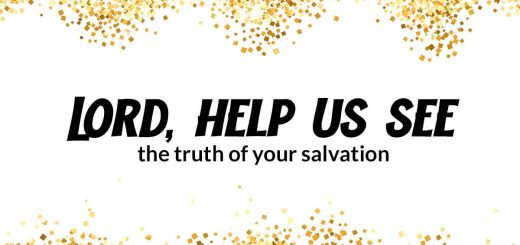South Africa still needs healing
If there is a topic I try avoid, it is racial animosity or racism. My heart bleeds every time I entertain thoughts of racism. Time is reversed and apartheid is alive and kicking again. The pain can be unbearable. It�s an experience you don�t want to wish on anyone.
Will issues of race ever go away? I hope so. When? Time will tell. Like most people I believe there is only one race, the human race. I agree with the Freedom Charter that South Africa belongs to all who live in it. But these noble notions end up just being ideals.
De La Rey. I had forgotten who the guy was. I scantily remembered his name being mentioned in some school books. According to the recent New York Times headline, the De La Rey �Song wakens injured pride of Afrikaners�.
The word �injured� struck me. The newspaper explained the injury in a sentence: �The song answers a deep sadness in Afrikaners� souls, a feeling that they have not merely fallen from power but have been marginalised in South African society�tossed into history�s dustbin.�
It is understandable that some people who believed they were superior would take some time to realise that their idea of superiority was superficial and sinful. They claim they are injured by violent crime, unemployment and lack of opportunities. Their claims are justified. But I fail to see �race� in the injury.
There is no discrimination when it comes to crime and unemployment.
In 1996 armed thugs pointed guns at me and three other priests in Siyabuswa, Mpumalanga. They robbed the mission of three cars and other valuables. Lying on the ground I prepared myself to die, as I did not know when they were going to shoot. The list of my encounter with criminals could fill the pages of The Southern Cross. I know people in my family and in previous parishes who could not find employment in ten years. I know hundreds of those who were never given an opportunity to further their studies and are now in the bin of hopelessness. Crime and unemployment do not discriminate.
I think one root problem of these feelings of injury can be traced to the transition from apartheid to a non-racial South Africa.
The transition was not smooth. There was the violence perpetrated by Inkatha. Eugene Terre�blanche and his cowardly AWB were bullying the negotiation process. Januzs Walus and Clive Derby-Lewis assassinated Chris Hani. There were rumours that former members of the South African Defence Force would reject the process towards democracy.
Under the circumstances compromises were made. As a result there was the �sunset clause� which led to the power-sharing Government of National Unity. President Nelson Mandela managed to bring some stability, peace, national unity and reconciliation.
Reconciliation was hurried. The Truth and Reconciliation commission absolved many people of their apartheid crimes. But genuinely many of the formerly oppressed were tired of fighting and violence. For many, a South Africa liberated from apartheid meant education, jobs, opportunities, and so on. South Africa was enjoying praises from all over the world. Messrs Mandela and FW De Klerk jointly received the Nobel Peace Prize.
There was no process to help those who were privileged under apartheid. Some emigrated, fearing revenge by the majority. Rhetoric by certain opposition politicians continued to sow fear among whites. Afrikaners need healing. Africans need healing. This is the time for the process of true reconciliation to start.
And the Church has the potential of revealing the answer.
Morena boloka sechaba sa heso o fedise dintwa le matswenyeho!
- Remembering Father Charles Kuppelwieser: A Legacy of Compassion in South Africa - February 25, 2025
- Archdiocese of Pretoria launches Jubilee 2025 - December 30, 2024
- Catholic Women’s Association National AGM - November 22, 2024





